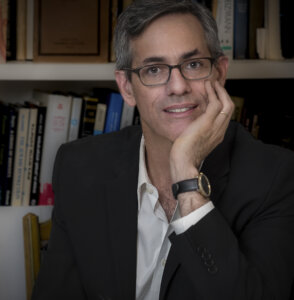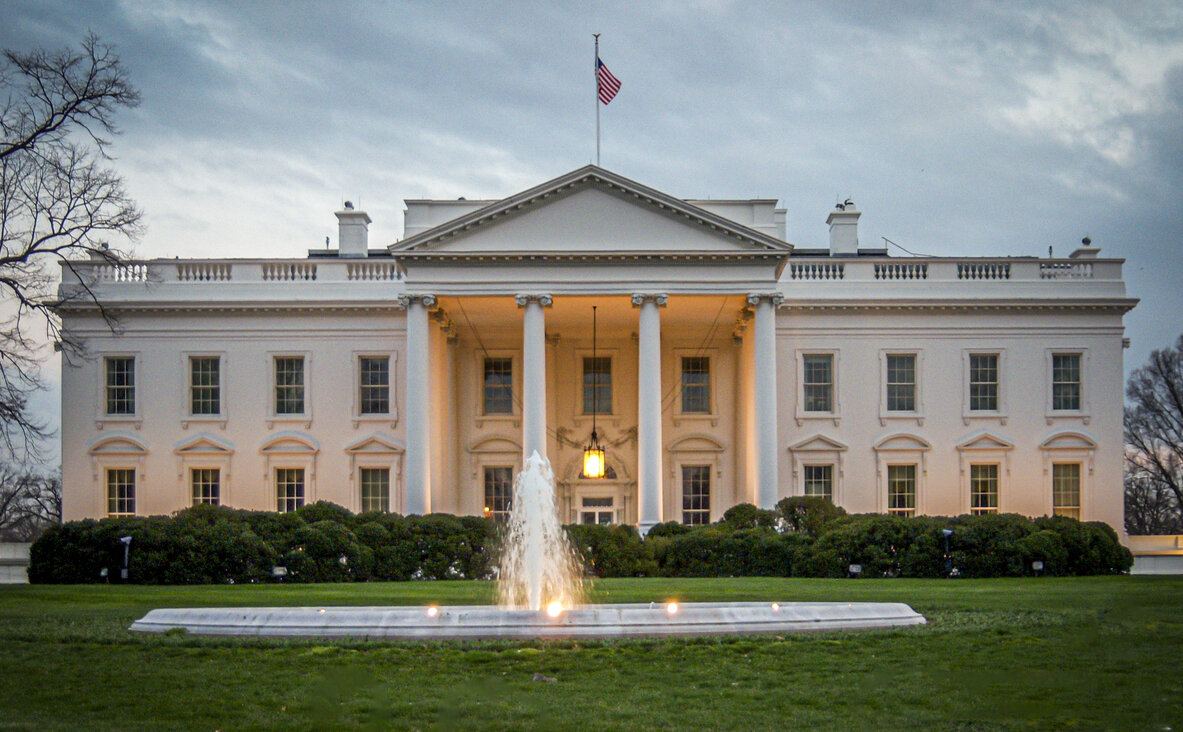Remembering Professor Ruth Gavison, scholar, activist, and friend

Graphic by Angelie Zaslavsky
This past Saturday saw the untimely passing of Professor Ruth Gavison z”l, one of Israel’s leading intellectuals and legal minds, at the age of 75.
Ruth Gavison was the rarest of individuals: a searingly brilliant legal theorist and a deeply engaged citizen in the life of her country, a person with little patience for small talk and yet exquisitely attuned to the psychic state of those with whom she engaged, a fiercely combative interlocutor and yet the warmest of friends.
The speed of her brain—faster than any of us had ever seen—was matched by the rapidity of her speech. And her immense passion for ideas made her a dazzling speaker and conversationalist, sought after in Israel and in many places around the world to which she was invited as a distinguished lecturer.
Ruth Gavison was honored with major awards that typically arrive at the end of one’s career, including the Israel Prize in 2015. But the fact is that her time had not yet come at 75. Her brain was still whirring at breathtaking speed. She had much more to give the world, which is now deprived of a unique talent.

Jewish Agency chairman Natan Sharansky and legal scholar Ruth Gavison release new report on world Jewry and Israeli democracy. Image by JPPI
Ruth Gavison was born in Jerusalem to a family of Egyptian and Greek Jewish heritage, about which she was largely silent(though privately proud).
Her family moved to Haifa, where she studied at the prestigious Re’ali School founded by German-Jewish educator Arthur Biram. She took her first degrees in law, philosophy, and economics at the Hebrew University, where she was first in the class. While still an undergraduate, she published a number of articles in the respected Israeli legal journal Mishpatim that revealed both her precocity and some of her life-long interests. For example, her first article was devoted to the question of whether a particularly shameful crime disqualified one from public service.
Upon graduation in 1970, she clerked for Justice Binyamin Halevi of the Israeli Supreme Court before heading to Oxford where she worked on a doctorate in legal philosophy under the supervision of the eminent British scholar of Jewish origins, H. L. A. Hart.
At various points in her career, Ruth Gavison had the opportunity to take up permanent positions abroad. But she always came back to Israel, beginning with the period after her doctoral studies in Oxford. She commenced a distinguished teaching career at the Hebrew University in Jerusalem, where she made a profound impression on students over the course of a forty-year career. In parallel, she became involved in civil and human rights work, especially in the Association for Civil Rights in Israel. She drew particular inspiration from one of her revered mentors, Supreme Court Justice Haim Cohn, who after retiring from the bench became the president of ACRI.
In a tribute to Cohn on the occasion of a street being named for him in Jerusalem in 2016, Ruth Gavison articulated two of his key principles: first, the belief that the State of Israel and its institutions must honor the foundational principles of human rights; and second, the belief that Judaism was a wellspring of sustenance for human rights. The first principle fueled Gavison’s own commitment to the work of ACRI, of which she herself became president in 1996. Indeed, in the 30-year period from 1970 to 2000, she gained renown as one of the most important civil libertarians in Israel.
The second principle animated Cohn’s conviction that the state of Israel can and must be both Jewish and democratic. This was a theme that also deeply engaged Ruth Gavison both as a scholar and as an activist. From the mid-1990s, she began to publish a stream of articles and books on the topic. For a figure like Haim Cohn, the balance between Jewish and democratic was a natural outgrowth of a liberal system of values. And so it was for Ruth Gavison—until it wasn’t. For one of the hallmarks of her career was that while she remained committed to a core set of issues in her scholarship and activism, she also was capable of pivoting, and in quite dramatic fashion.
One major concern that occupied her throughout her life was the place of judges and other legal officials in a democratic society. Ruth Gavison was one of the most powerful advocates of judicial restraint in Israel, a position that set her in stark opposition to Aharon Barak, her Hebrew University colleague and later Supreme Court justice. Barak was the architect of Israel’s “Constitutional Revolution” that enshrined core democratic principles in Knesset Basic Laws (such as the Basic Law on Human Dignity and Liberty of 1982). On the basis of these laws, Barak believed that the court system was called upon to uphold the democratic foundations of Israel. By contrast, Ruth Gavison maintained that judges were not legislators and that Barak had a mistakenly expansive view of their role in society. The deep differences between these two major legal figures reached a breaking point in 2005 when then Chief Justice Barak opposed Ruth Gavison’s candidacy to the Supreme Court on the grounds that she had her own “agenda” of judicial restraint.
Indeed, by this time, Gavison did have an agenda that featured judicial restraint. But it now had other features. Although she never elaborated on it, a significant turning point came, as for many other Israeli Jews, after the collapse of the Oslo peace process and the outbreak of the Second Intifada in 2000-01. She now felt that Israel, and its Jewish character, were under assault. The erstwhile defender of human rights became a fierce defender of the Jewishness of Israel. Whereas her legal foil Aharon Barak had placed primary emphasis on the democratic side of the equation, she now insisted that more must be done to fortify the Jewish side, within Israel and abroad.
For one of Israel’s leading civil libertarians, this marked a new focus. It led to new political stances that stood in tension with her previous liberal grounding. A telling example was her public support for an amendment to the Citizenship Law passed by the Knesset in 2003. The amendment declared that Palestinians who reside in the West Bank and Gaza would no longer be permitted to be united with their spouses in Israel. As she wrote in Yediot Aharonot at the time: “There is no doubt that the new law is based on ethnic classification, suspect at first glance.”
In all likelihood, the younger Ruth Gavison would have opposed the law. But she now defended it as essential to “ensuring Israel’s future as a state in which the [Jewish people can realize their rights to self determination](https://www.imra.org.il/story.php?id=17866.” This meant using the instruments of the state, including law, to guarantee a Jewish majority and the preservation of “Jewish-Hebraic popular culture.”
This position earned Ruth Gavison a new audience of admirers, especially on the center and right of the Israeli political spectrum. It is no surprise that, among the many who remembered her upon her death, Prime Minister Benjamin Netanyahu tweeted out praise for her “courageous and ground-breaking decisions.” Her new-found right-wing friends were delighted that she marshaled her formidable intellectual powers to the defense of Zionism and the principle of the Jewish state.
She herself founded a center of her own in 2005 called [Metzilah((http://www.metzilah.org.il/message_founder), the Hebrew word for rescuing. As she narrated its origins, she once had devoted herself to defending “the universal principles of human rights, humanism and liberalism.” But now she felt compelled to fight those who “deny the right of Jews to have independence, self-determination and security.”
Ruth Gavison saw herself as a bridge-builder, able to engage both left and right. She spent a good deal of effort seeking pathways of reconciliation between religious and secular Jews that culminated in a compact on state and religion that she forged with Rabbi Yaakov Medan in 2004. She herself was once a liberal who became a post-liberal, newly mindful of the limitations of liberalism in grasping the texture of Jewish nationalism. And while she led a secular life, she was post-secular in her respect for strong forms of religion communitarianism in Israel. Her ability to understand the positions of seeming opposites made her a sought-after government advisor called upon to aid ministers, parliament, and commissions of inquiry.
At every turn, Ruth Gavison relished rigorous and intense debate. She was always willing to put her own ideas up for examination as easily as she was prepared to examine others. However, this willingness did not mitigate the sense of surprise and even shock that her old friends felt when Ruth Gavison left behind her perch as a leading civil libertarian to assume a position as chief intellectual defender of a majoritarian vision of Israeli democracy that privileged Jews over others. They felt that she had abandoned the legacy of her mentor, Haim Cohn, whose name adorned the chair in human rights she held at the Hebrew University.
For some, this passage created an irreparable breach. For others, myself included, it created deep tensions that took years to work through in the form of a détente rather than full agreement. But what was rarely seen behind the intimidating public face of Ruth Gavison was her greatness as a friend.
The first time I met her was when my wife, Professor Nomi Stolzenberg, and I were very junior academics at a conference on “Critical Legal Studies and Jewish Studies” held at Stanford in 1989. Nomi and I were largely ignored by the distinguished scholars assembled with one notable exception: Ruth Gavison. She came to the conference with her infant son, Doron, and immediately established a connection to us. Completely by coincidence, she was planning to arrive in Los Angeles some months later for what would turn out to be a two-year period as a visiting professor at the USC Law School, where Nomi taught. During that two-year period in LA, our lives became entwined as she was raising Doron and our first child, Tali, was entering the world. She became an invaluable friend and mentor to Nomi as a scholar, teacher, and new mother. In that period, we were in complete unison politically. But as Ruth’s views began to change in the early 2000s, friction surfaced in our relationship. Fortunately, it never vanquished our deep friendship or her keen interest in every detail of our daughters’ lives, which remained to her final breath.
This is not just our story. All who knew her were awestruck by the speed and power of Ruth Gavison’s brain. But what her many friends valued most were her decidedly human qualities: her loyalty, intensity, and compassion. I don’t know that I ever met anyone who took ideas more seriously than Ruth. And yet, at the end of the day, she took relationships even more seriously. She was that rare person who both loved her people, as a proud Israeli patriot—and loved people, not one to the exclusion of others. The world today is a much poorer place without Ruth Gavison z”l, a great and complex person whose brilliance and capacity for friendship were without parallel. May her memory be a blessing.
David N. Myers teaches Jewish history at UCLA; he also serves as president of the board of the New Israel Fund.
















